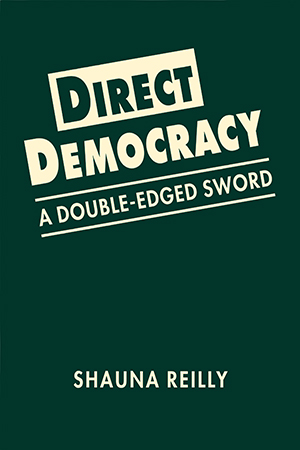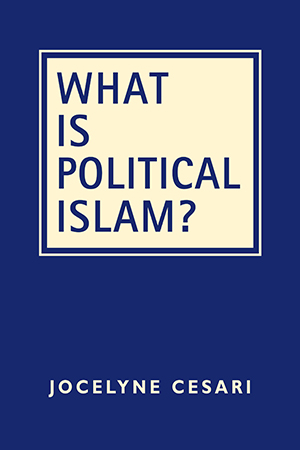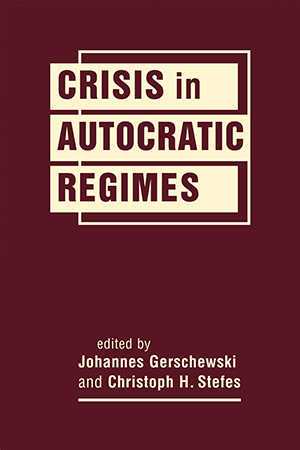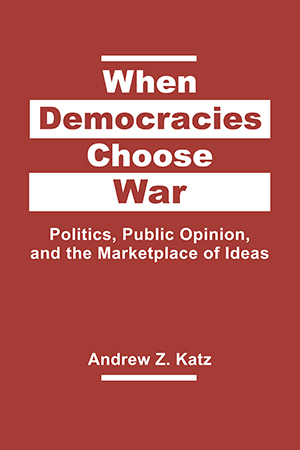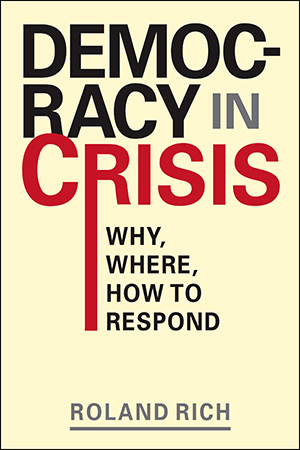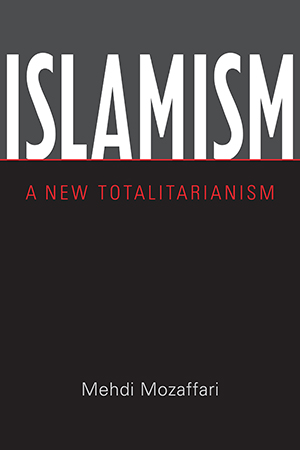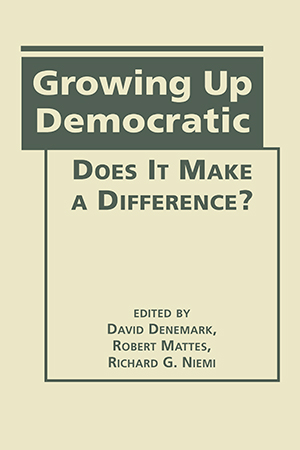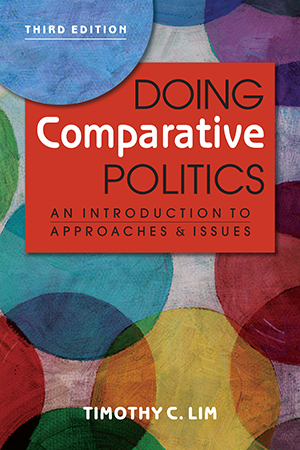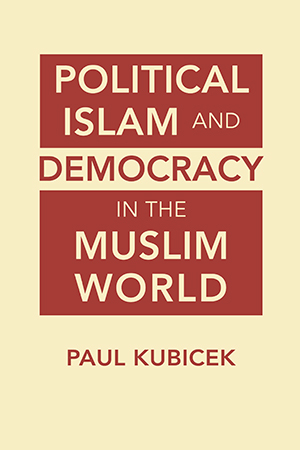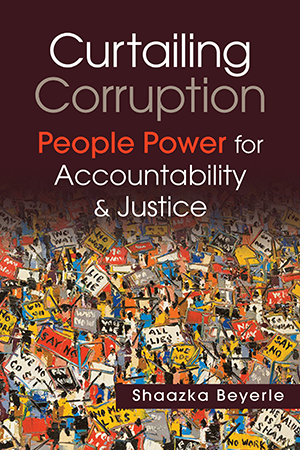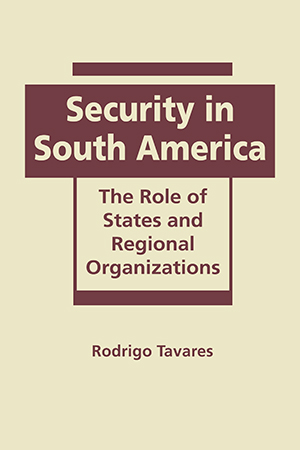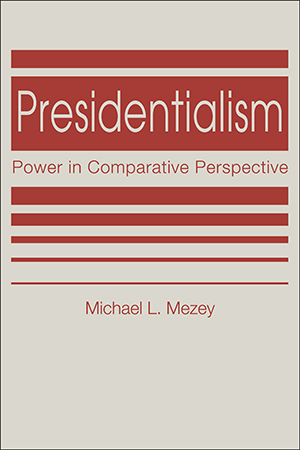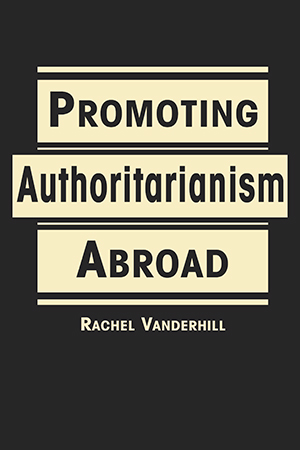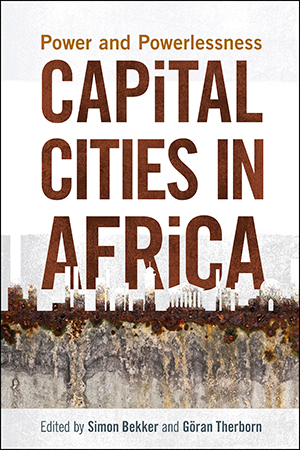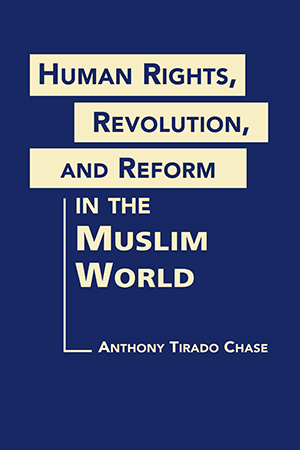Comparative Politics (general books)
Direct democracy typically is lauded for putting power in the hands of the people. But is it really as democratic as it seems? To what extent, and in what circumstances, is it less about More >
Honorable mention for ISA's Religion and International Relations Section Book Award! The debate continues unabated: Is political Islam decipherable through the tenets of the Islamic More >
What makes autocratic regimes vulnerable? Why, in times of crisis, do some of these regimes break down while others weather the storm? This is the puzzle addressed in Crisis in Autocratic More >
What is going on domestically when democracies choose war? Why do some wars of choice generate political opposition while others don't? Is there an internal mechanism that constrains the More >
Democracy is in crisis. After the hope engendered by the Third Wave, democracies around the world are beleaguered with threats from multiple sources. What are these threats? Where did they More >
What exactly is Islamism? And what explains its violent expansion in recent decades? Why are Islamists so determined to change the world order? Are there similarities between Islamism and More >
What explains differing levels of support for democracy in postauthoritarian countries? Do young people value democracy simply because they have grown up with it? Or do older generations, More >
This systematic, user friendly, and refreshingly unusual introduction to comparative politics has not only been updated and refined in the third edition, but also fully revised to reflect More >
Belying assertions of the incompatibility of Islam and democracy, many Muslim-majority countries are now or have been democratic. Paul Kubicek draws on the experiences of those countries to More >
How do citizens counter corruption and exact accountability from power holders? What strategic value does people power bring to the anticorruption struggle? Can bottom-up, citizen-based More >
What types of threats and conflicts affect the countries of South America? What roles can and should states and regional organizations play in maintaining both traditional and human security More >
In countries as diverse as Brazil, Ecuador, France, Russia, South Africa, and the United States, presidents have come to dominate the politics and political cultures of their nations. More >
Recent years have seen efforts by several states to promote authoritarianism abroad, garnering the attention of foreign policy analysts—and raising a number of questions. What More >
Capital cities today remain central to both nations and states. They host centers of political power, not only national, but in some cases regional and global as well, thus offering major More >
Do human rights inform the nature of politics in the Muslim world today? If so, how? And perhaps more fundamentally, why? Linking these questions in a provocative way, Anthony Tirado Chase More >


